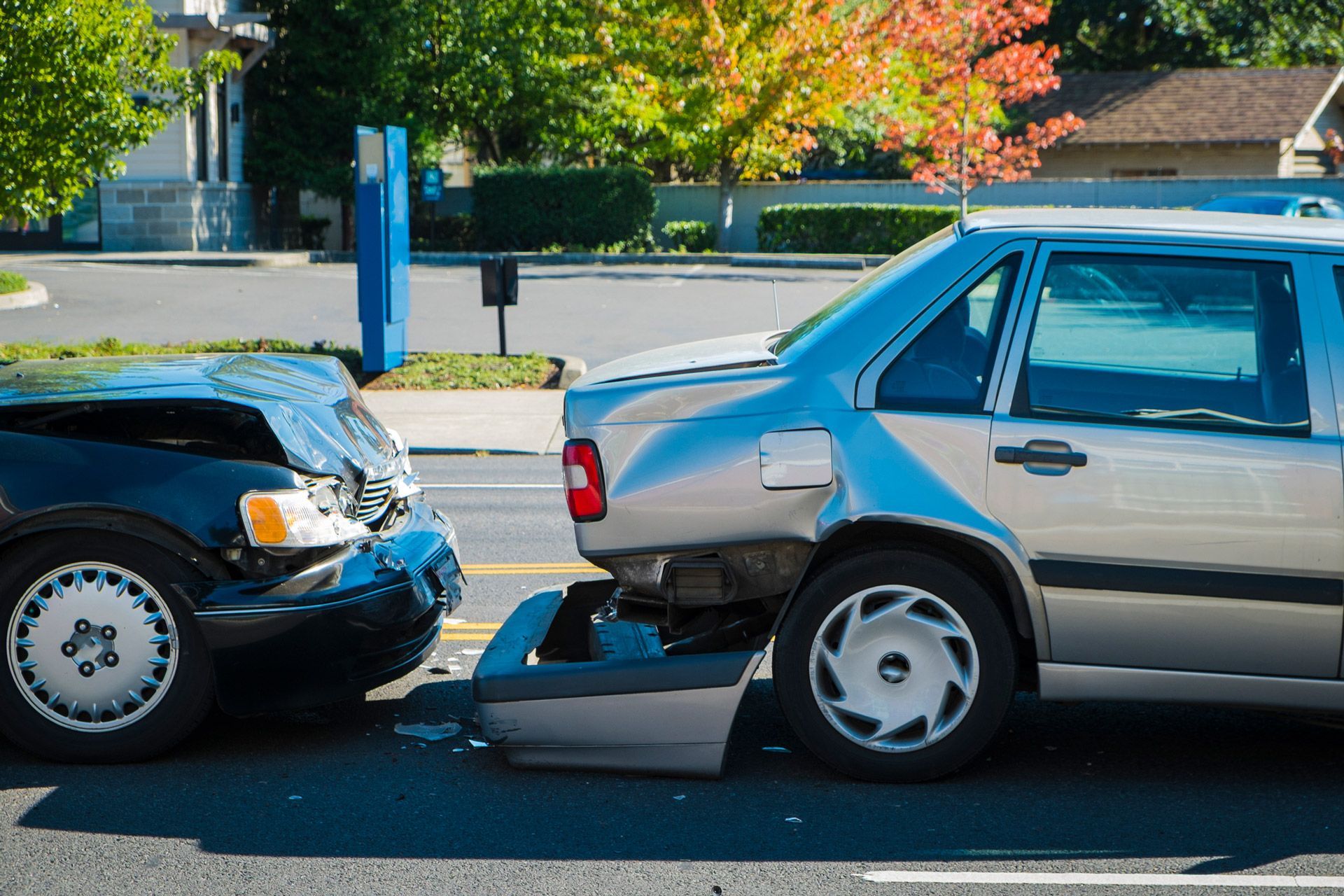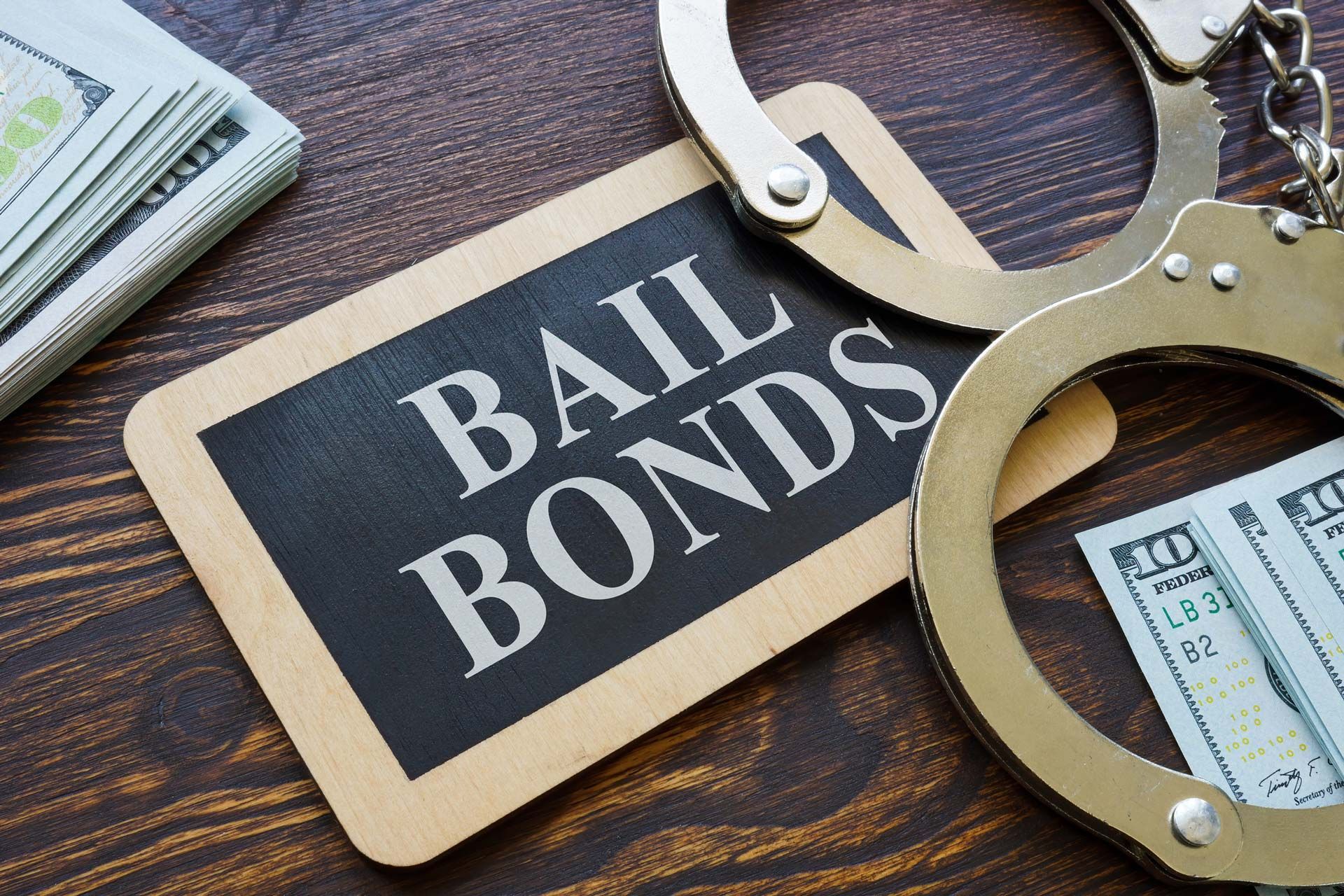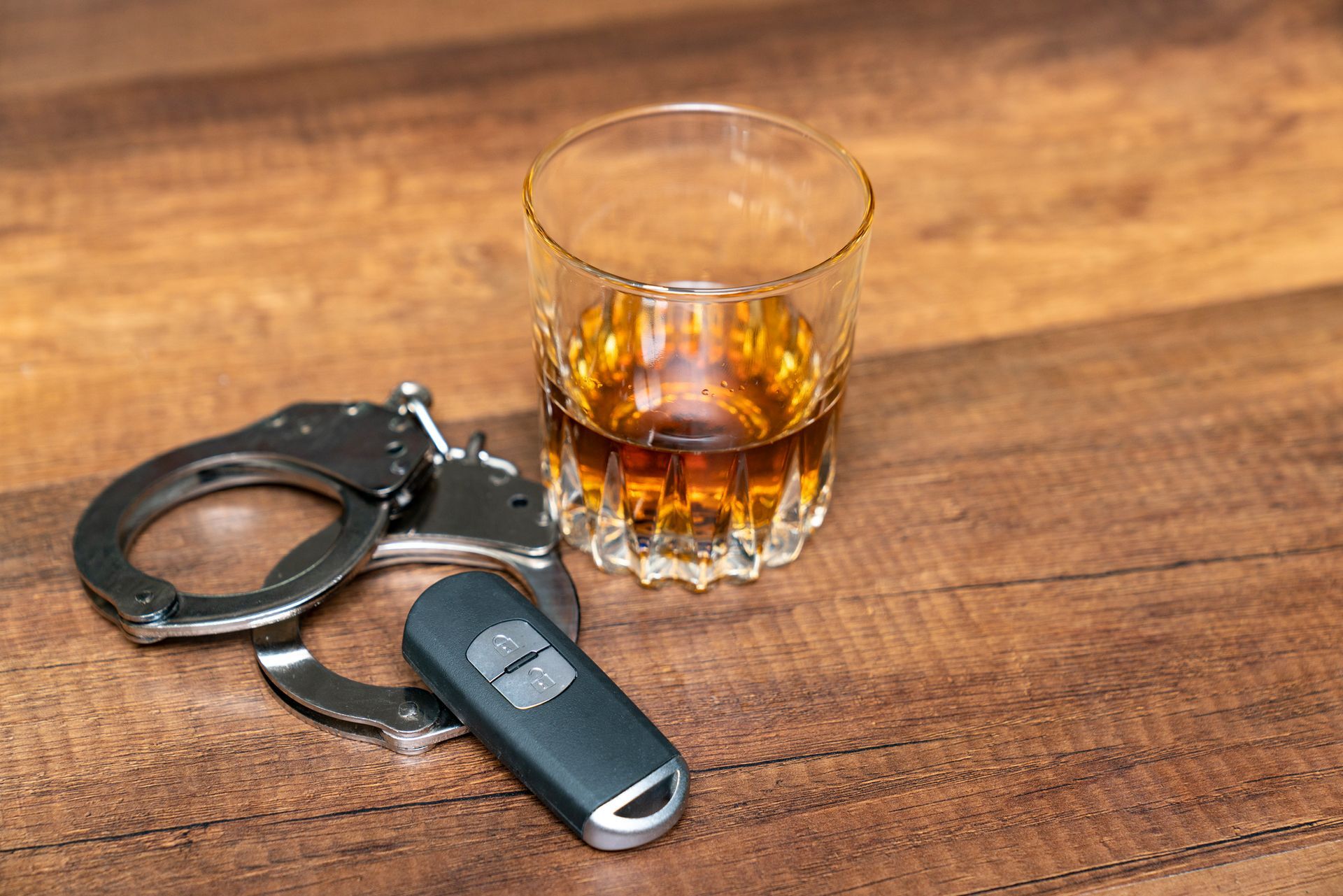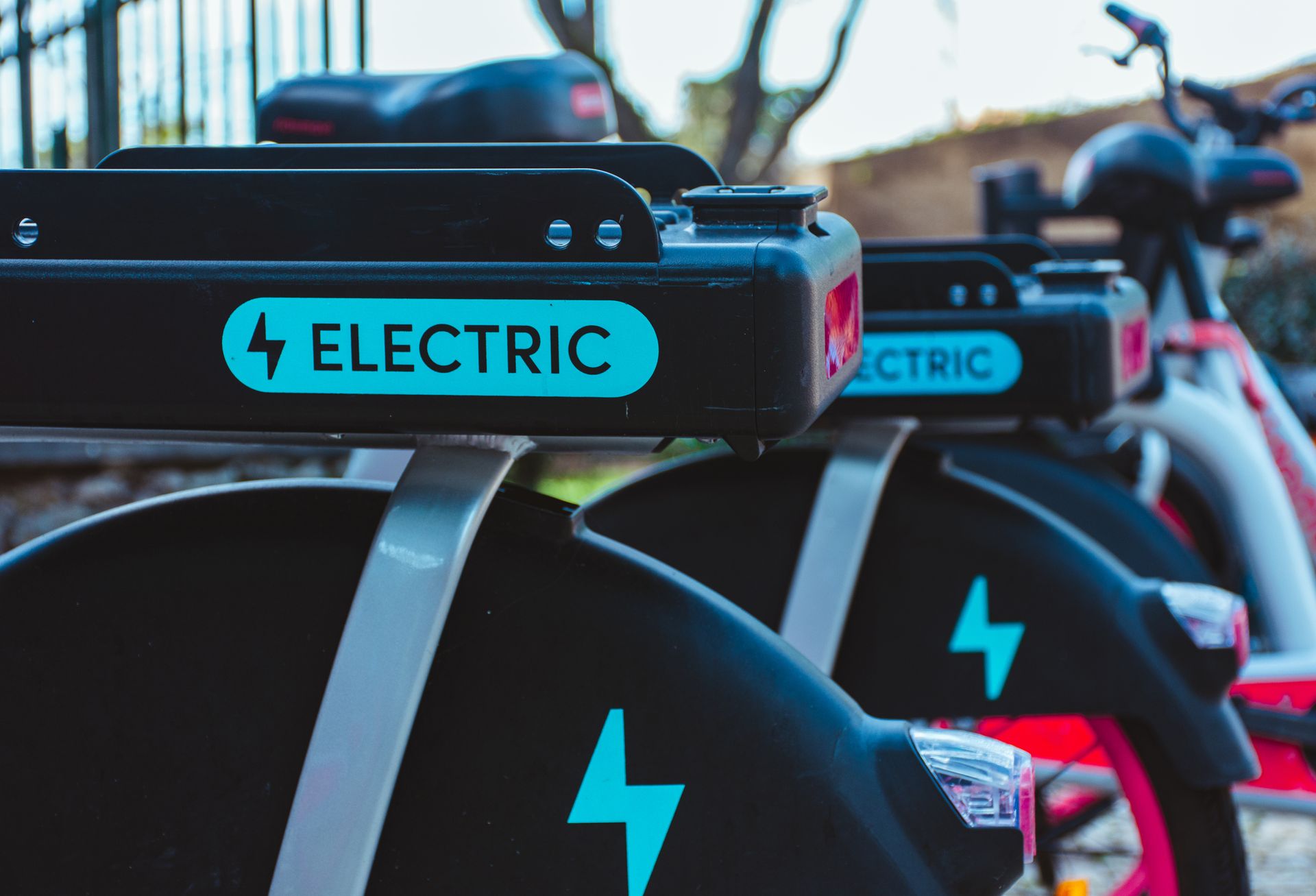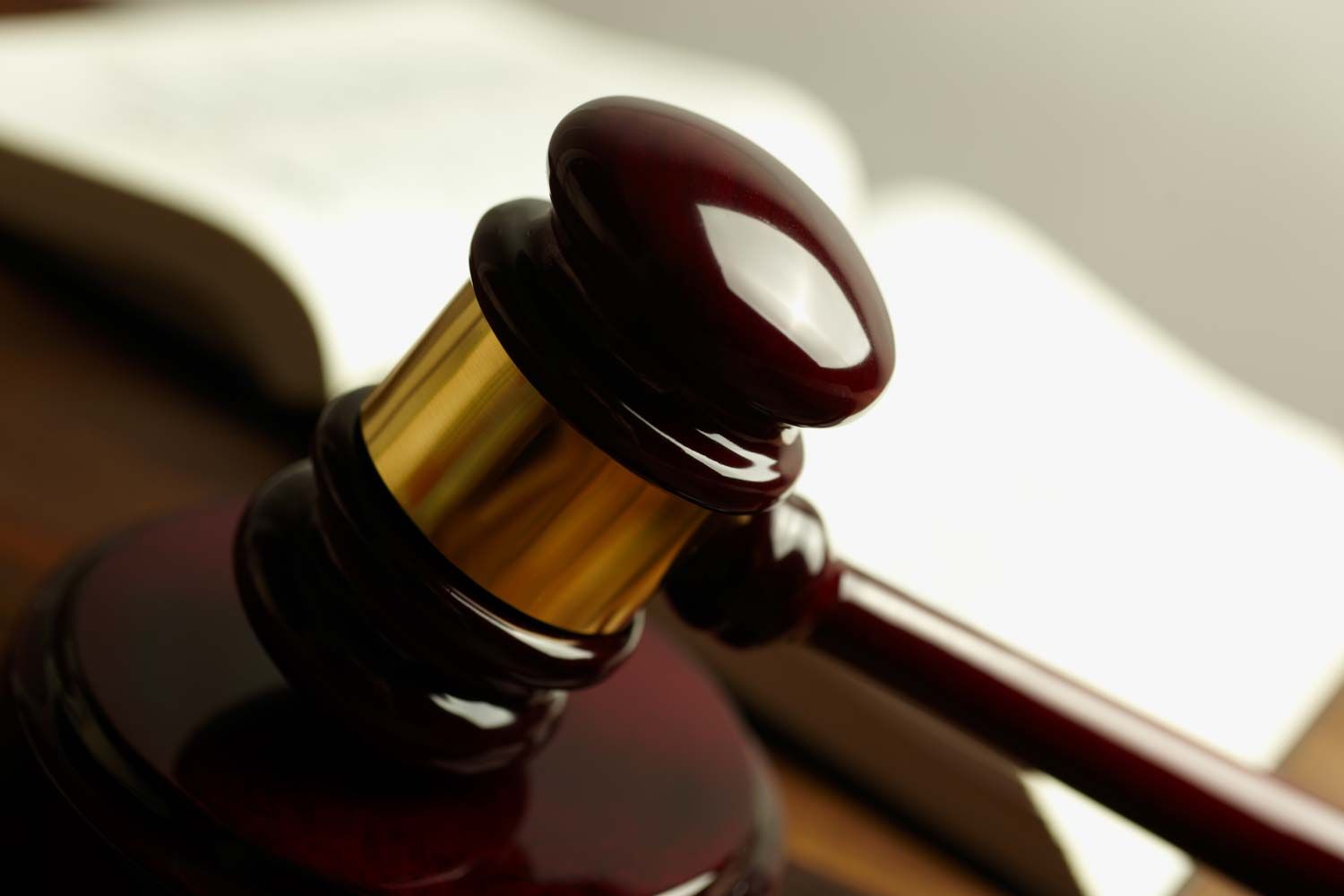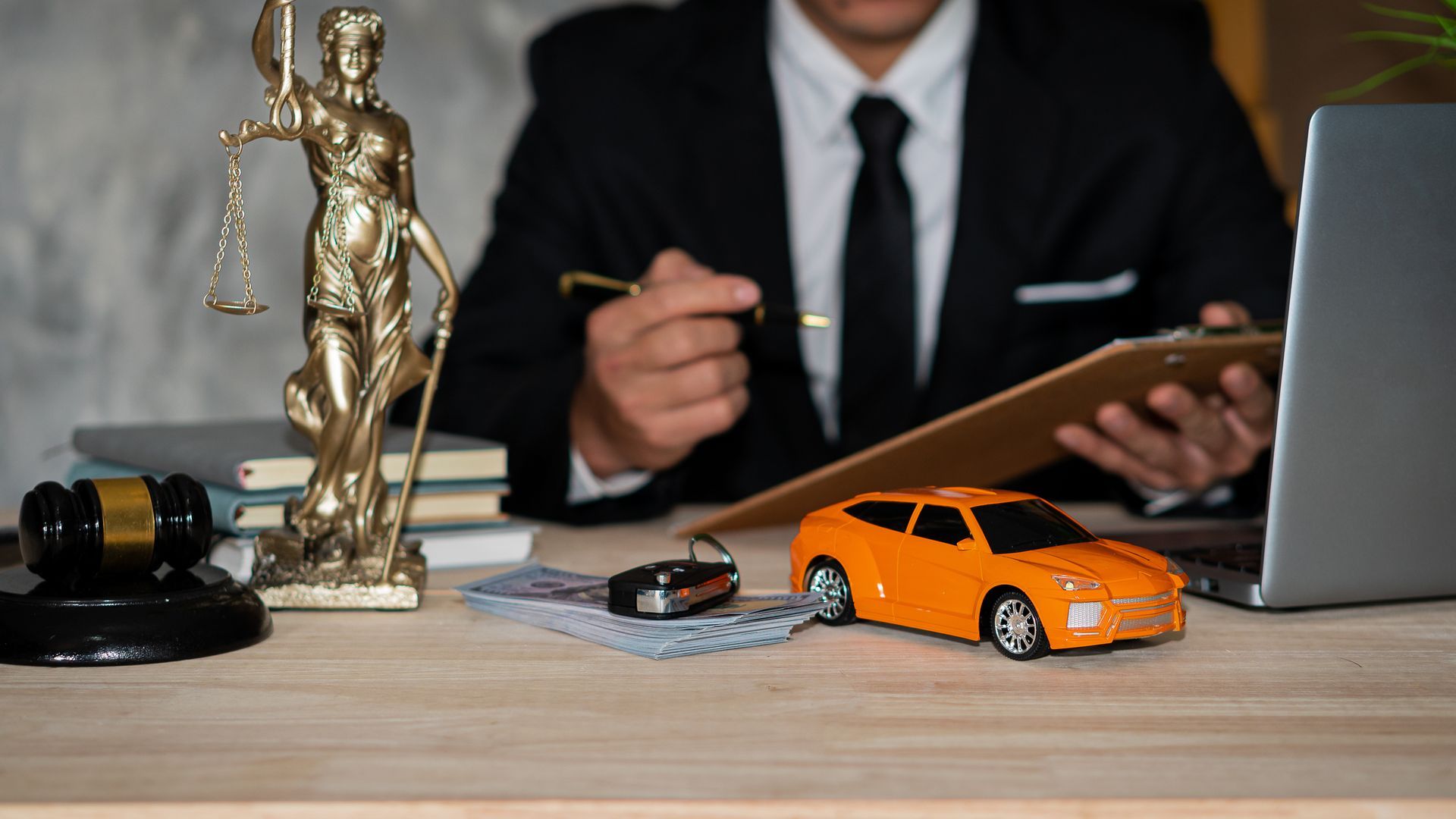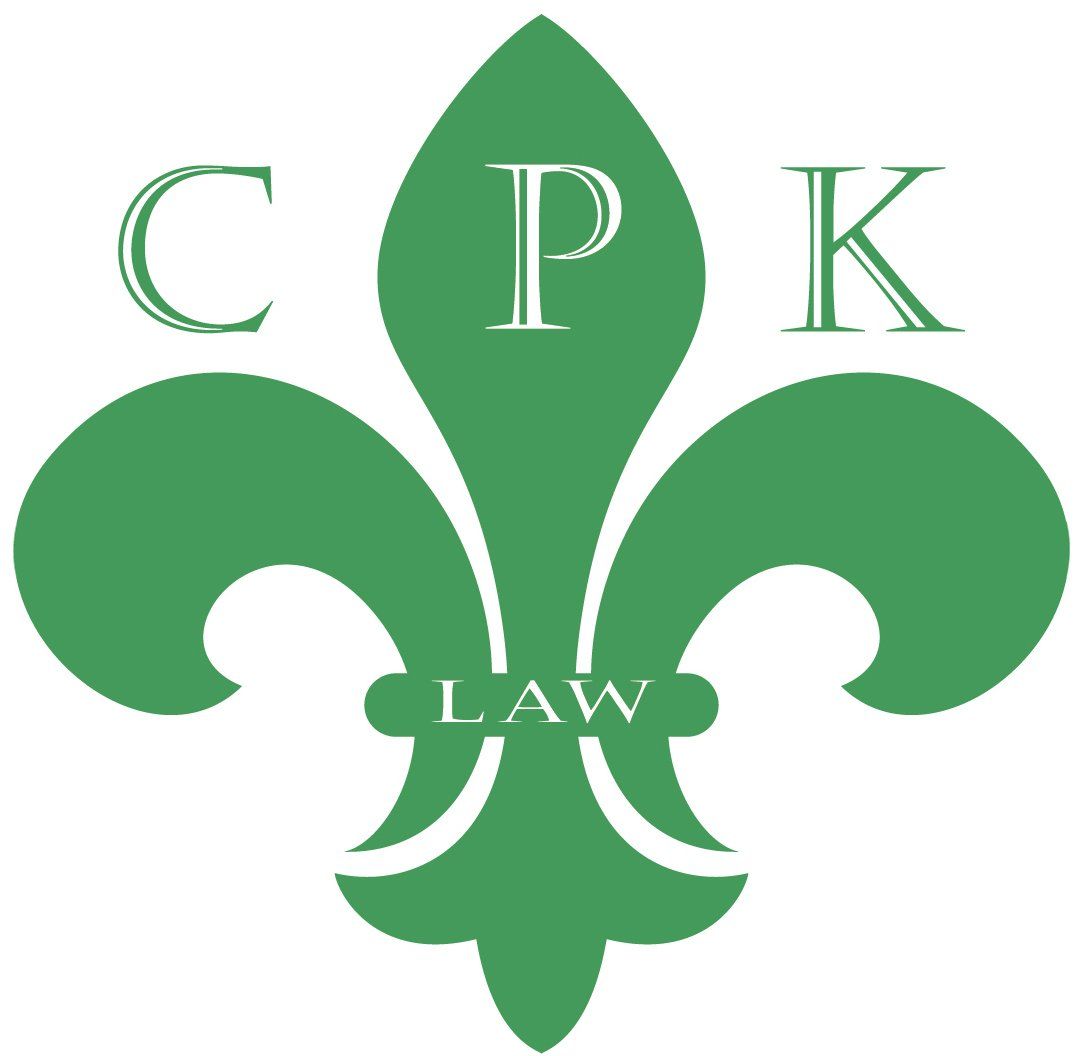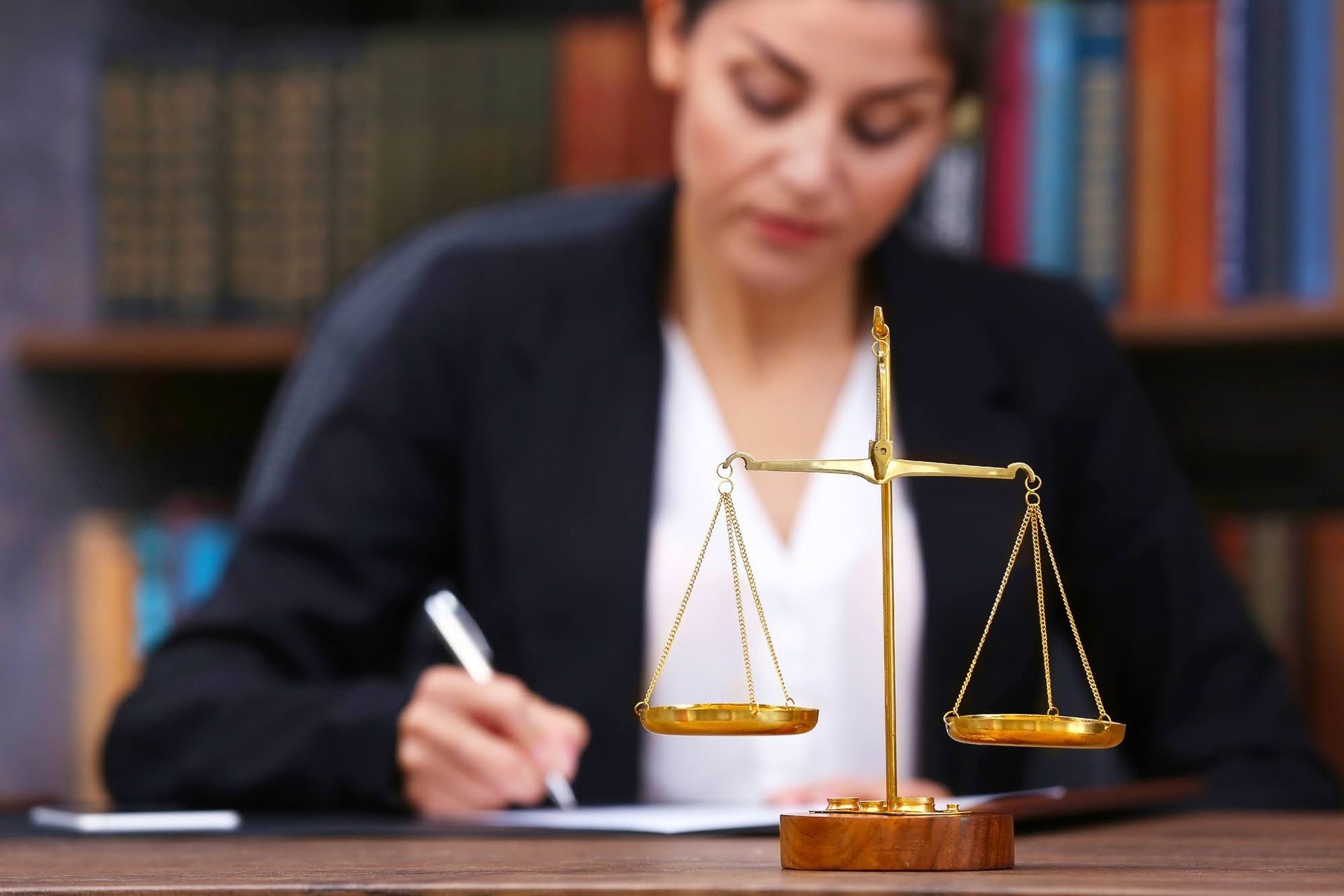Protecting Your Case Against Social Media Sabotage
Social media has revolutionized the way we communicate with one another on a daily basis. With the click of a button, we can share our thoughts, actions, locations, intentions, and feelings with anyone and everyone, every minute of the day. Although this type of interaction can be beneficial, oversharing is a common problem. Revealing too much information about yourself can not only have serious implications on your personal and professional life, but it can also have a negative effect on your personal injury claim.
Insurance adjusters and defense attorneys will use anything they can to deny your claim and social media sites are often the first place they look when they begin their investigation. They know websites like Facebook, with over a Billion users worldwide, are frequently used by the public to share information about their daily activities, including details about their accident. Insurance companies are not only looking to discredit the extent of your injuries, but they’re also checking to see if they can dispute the time, place, and location of events in order to make you look like you’re exaggerating the truth. The fact is, sharing too much of your personal information can make their jobs very easy.
The most damaging posts that can impact your personal injury claim are pictures or videos showing you engaging in activities that are contrary to your injuries or treatment such as working out, running, dancing, playing sports, and doing yard work. Posting a status about where you are or what you’re doing can be used as evidence against you as well. Even posting photos of you smiling and enjoying yourself on a special occasion or trip can be used to discredit the fact that you were in pain.
From a litigation standpoint, evidence from social media sites is being used more often in court. While certain social media posts may end up being inadmissible because of the rules of evidence, it’s very difficult to dispute hard proof. An example of how you can destroy your claim might be uploading a video of you playing basketball after the date of your accident, despite the fact that you’re claiming severe neck pain. This type of evidence makes the insurance company and your attorney question whether your version of events are true and can cast a negative light on your character.
Protect your case with these social media tips
Whether you’re using Facebook, Instagram, Snapchat, Twitter, LinkedIn, or Pinterest, the best way to protect yourself is to think before you post and even before making comments on other posts. Here is a list of a few other actions you can take to ensure you’re not putting yourself or your personal injury claim at risk:
1. Change your profile to a “private” setting and turn off all applications that share your information or location.
2. After your accident, don’t post details about the event, your injuries, treatment, or recovery on any social media site.
3. Remove any post before your accident that can be used to limit your claim such as comments about a prior back injury, which can be used as evidence that the accident wasn’t the only cause of your current injuries.
4. Make sure you monitor what other friends are posting on your page. A simple comment like, “I had so much fun playing soccer with you last night” can be used against you as evidence that you aren’t as injured as you claim to be.
5. Don’t post any information you’ve received or conversations you’ve had with your attorney.
6. Be wary of friend requests. Don’t accept requests from people you don’t know.
Recovering compensation for an accident has become more challenging over the years as insurance companies continue to find ways to discredit personal injury claims. There’s no doubt that as part of their efforts, they will search your name on the internet, seeking out any information they can use against you. Although the steps above can help, the only way to make sure your social media use doesn’t affect your claim is to avoid it altogether. If you have any questions, or if you or someone close to you has been in an accident, please call us at (702) 380-2833. Our experienced Las Vegas car accident attorney is committed to helping you protect your rights and defending against insurance companies trying to take those rights away.
The post Protecting Your Case Against Social Media Sabotage appeared first on Craig P. Kenny & Associates.
